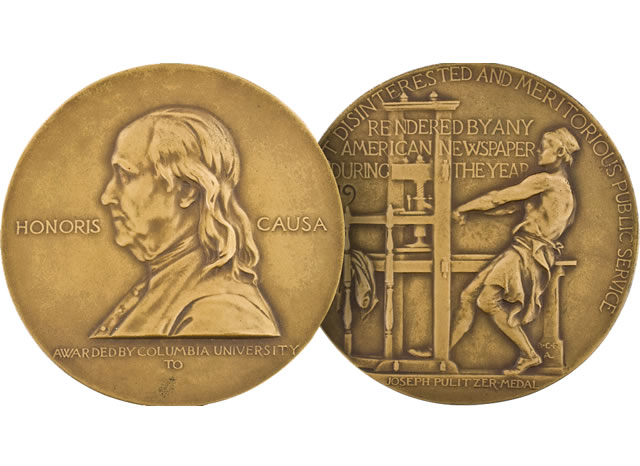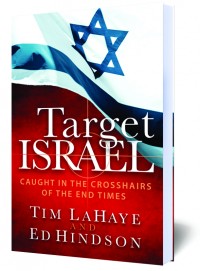
USA - Pulitzer Prize for Terrorism
A former hostage held in Gaza for over 500 days said she was in “shock and pain” after a Gaza-born writer who appeared to justify her abduction and denigrated other captives on social media was awarded the Pulitzer Prize.
“These are not word games—they are outright denials of documented atrocities,” Emily Damari wrote in a letter to the prize board posted on X. “You claim to honor journalism that upholds truth, democracy, and human dignity. And yet you have chosen to elevate a voice that denies truth, erases victims, and desecrates the memory of the murdered.”
Honest Reporting also noted that Abu Toha aimed fire at the BBC in February for reporting on Israel’s findings that Ariel and Kfir Bibas, who were respectively 4 years old and nine months old at the time of their abduction, had been murdered by their captors’ bare hands.
“If you haven’t seen any evidence, why did you publish this. Well, that’s what you are, filthy people,” he wrote.
According to the watchdog, Abu Toha’s online rhetoric met the International Holocaust Remembrance Alliance’s definition of antisemitism.
It pointed out posts in which Abu Toha referred to Israeli troops as “terror soldiers” and compared Israel’s military campaign in Gaza to the Holocaust.
Reacting to the Pulitzer win online, Abu Toha posted, “Let it bring hope. Let it be a tale,” quoting the poem of Palestinian author Refaat Alareer, who was killed in December 2023 by an Israeli strike on Gaza.
-www.timesofisrael.com, 8 May 2025
Arno's Commentary
“The Pulitzer Prize is a highly prestigious award, regarded as the highest national honor in American journalism, literature, and music.” This highly prestigious award was bestowed upon a terrorist sympathizer, Mosab Abu Toha—unbelievable!
Actually, it’s not surprising. Why? Because most of the world’s media view Israel as a convenient scapegoat, just as Hitler did: “The Jews are our misfortune.”
This once again shows the truth of Isaiah 5:20: “Woe unto them that call evil good, and good evil; that put darkness for light, and light for darkness; that put bitter for sweet, and sweet for bitter!” Quite obviously, the New Yorker magazine feels comfortable publishing outright falsehoods.



